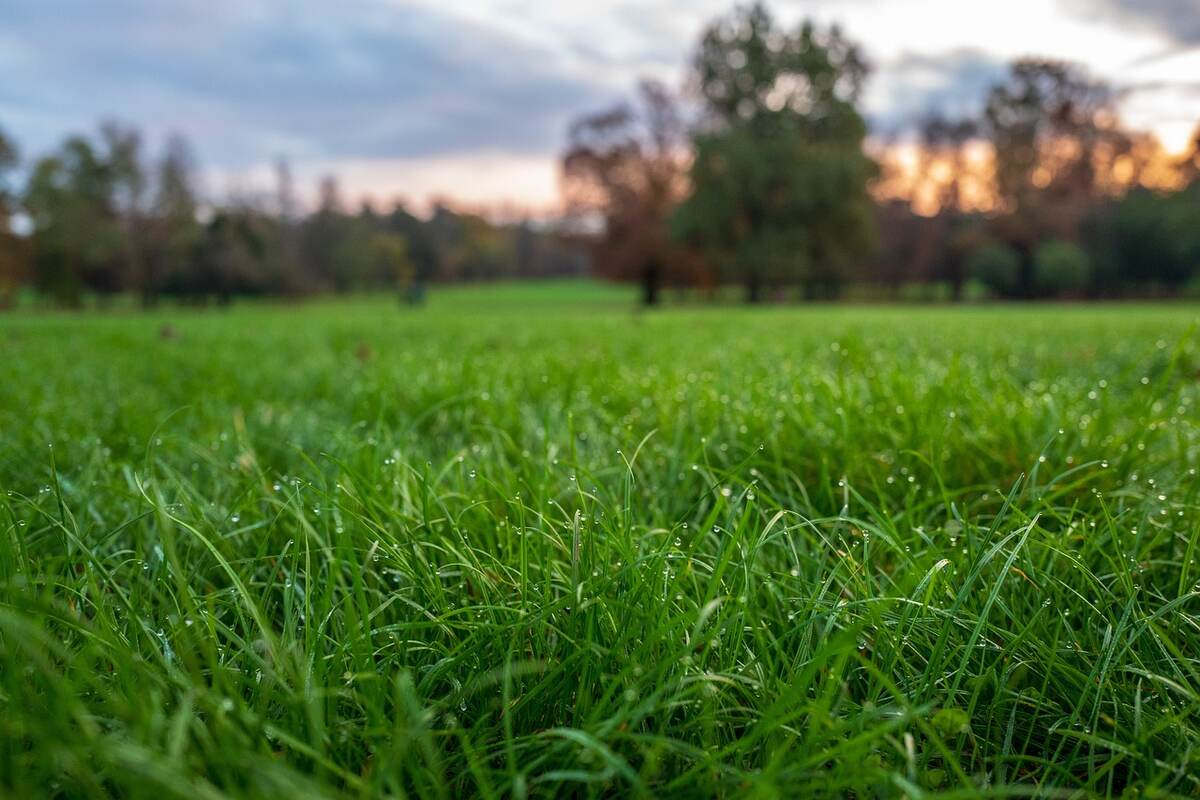
Lawn care isn’t a walk in the park for Nashville, TN, residents, but it is an art if you do it right! With these lawn care tips for Nashville and a bit of TLC, you can attain a perfectly manicured lawn. But this transitional zone of the U.S. isn’t all about country music, barbeque, and fiery fried chicken – it also presents lawn care challenges, like warm weather, high humidity, and chiggers.
So, how can Nashville homeowners maintain their turf in an environment like this? Read on to discover our top lawn care tips for Nashville.
10 Lawn Care Tips for Nashville That’ll Be Music to Your Ears
Whether you’re a hobbyist gardener or a full-time professional, the right lawn care techniques can add life and vibrancy to your outdoor spaces. With that in mind, here are our top ten tips for maintaining a healthy lawn in Nashville:
1. H20 is the Key to a Healthy Lawn
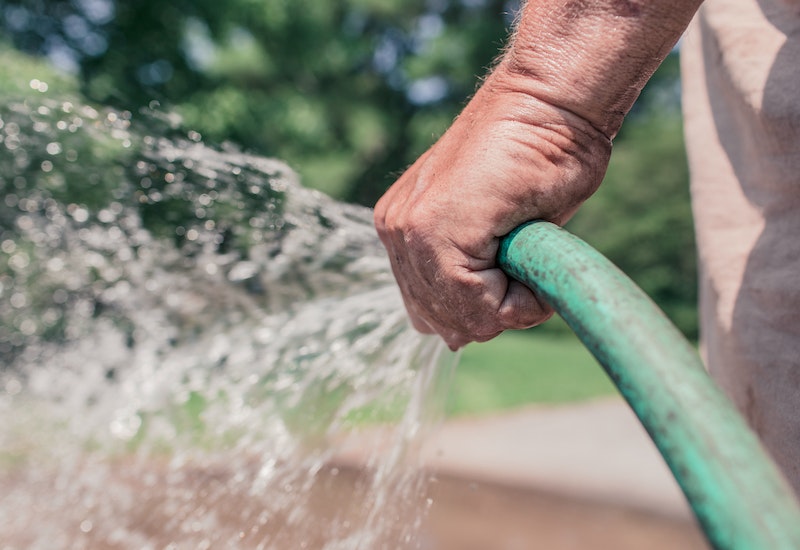
As Nashville is known for its sultry heat, your lawn needs 1 to 1.5 inches of water per week in spring and summer—that’s roughly 630-945 gallons for every 1,000 square feet, according to the University of Tennessee Agricultural Extension Service (UTAES). And timing is essential: Water between 3 and 6 a.m., advises the UTAES.
With an irrigation system in place, your lawn won’t miss a single drop. Plus, you won’t be wasting water—and money—thanks to efficient drippers, sprinklers, and drip lines. While hoses or manual sprinklers can work short-term, automated systems are the way to go for a longer-term strategy.
2. Mow with a Plan
In King of The Hill, Hank Hill might prefer a roundup mower to accurately “cut the yard’s corners,” but chances are he still mows according to the recommended height for his type of grass. The UTAES recommends, depending on the grass type:
- Bermudagrass — ¾ to 1½ inches
- Centipede — 1 to 2 inches
- Fine fescue — 1½ to 2½ inches
- Kentucky bluegrass — 1½ to 2½ inches
- Perennial ryegrass — 1½ to 2½ inches
- Tall fescue — 2 to 3 inches
- Zoysia — ½ to 1 inches
But that’s not all it takes to mow a lawn properly. Consider mixing up your mowing pattern to discourage grass wear and tear. This can help you distribute mowing stress evenly across your lawn and prevent unsightly bald spots.
3. Weed Control for the Win
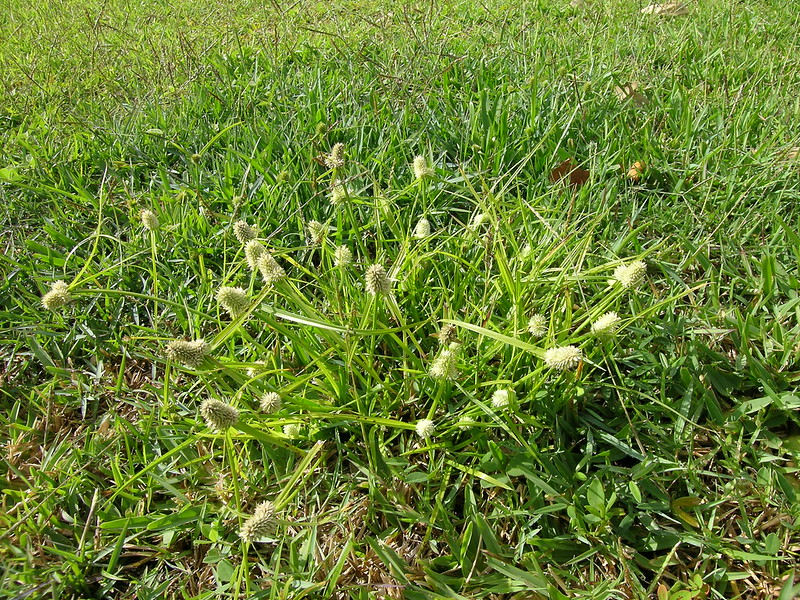
Dealing with weeds might be everybody’s least favorite lawn task, but it’s one of the most important for thriving turf. Left to their own devices, weeds can become a real pest, stealing vital nutrients and water from your lawn. Plus, the more they grow, the harder it will be to wipe them out. For these reasons, starting weed control at the initial sign of growth should be a priority.
You can get rid of pesky plants with herbicides or by pulling them out one by one. It all depends on the size and layout of your lawn—and how much time you’re willing to invest. If the weeds are extra tall, you can take a weed whacker to them first, but if you don’t kill the plants down to the root, they’ll just keep coming back.
4. Overseeding With Care
Just like each Nashville resident has their own unique style, so does your lawn. Overseeding simply means adding different varieties of grass seed to fill in thin areas or give the lawn texture—but be sure only to seed gras varieties during their active growth season.
As a rule of thumb, popular grass types should be overseeded at the following times:
- Bermudagrass – March through July
- Centipedegrass – March through July
- Fine Fescue – September through Mid-October
- Kentucky Bluegrass – September through Mid-October
- Perennial Ryegrass – September through Mid-October
- Tall Fescue – September through Mid-October
- Zoysia – March through July
5. Fertilize with Style
What could be better than enjoying a Nashville Bushwacker and a plate of fluffy biscuits on your front porch? Enjoying them while looking at your lush, green lawn! Just like you enjoy your favorite soul foods, your lawn needs the right kind of fertilizer to thrive.
Nutrients are essential for a greener, healthier lawn – think of them as a fertilizer’s “secret ingredient.” Ideally, you’ll tailor the fertilizer you choose to the needs of your turf. To do so, soil testing is a must to help you determine what nutrients your lawn is lacking.
It’s best to wait until autumn to apply fertilizer if you have cool-season grass, such as tall fescue or fine fescue. Fall is the perfect time for fertilizing this type of grass, as summer stress depletes its nutrients. Warm-season grasses should be fertilized in spring after they wake up from winter dormancy.
6. Mulching Time!
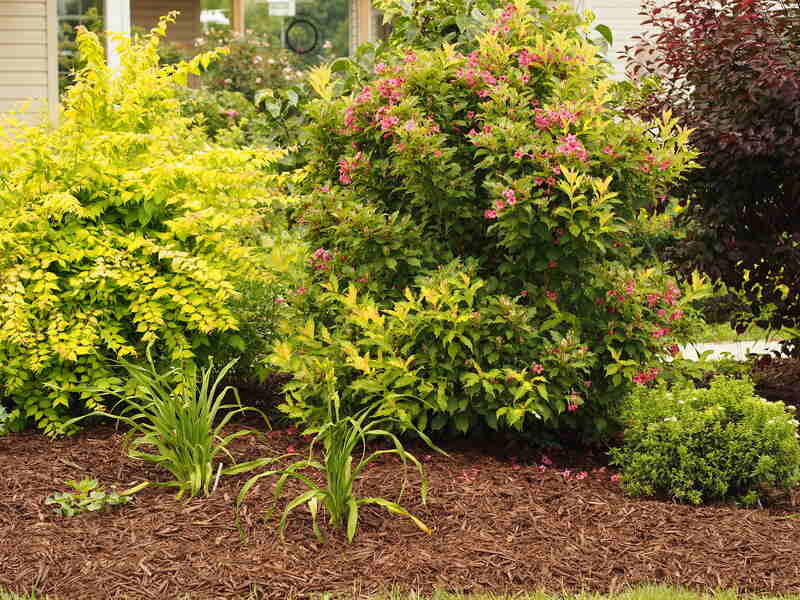
Mulch is like “soil armor” that helps prevent weeds and reduce the amount of times you have to water your landscape beds. Plus, it improves soil quality while adding a sweet finishing touch to your landscaping design.
But let’s get one thing straight: not just any mulch will do the trick. Pine needle mulch is a great option for Nashville, as it’s lightweight and doesn’t need to be replaced as often. It releases nutrients into the soil and helps preserve moisture—good news in a state known for its mugginess.
When planting, cover plant roots with 2 inches of mulch. Just make sure you wait until new growth is visible so that young sprouts won’t get smothered. Plus, rake and fluff the existing mulch layer (if there is one) to prevent matting.
7. Need to Dethatch?
Dethatching is an essential yearly lawn care task, especially if your lawn tends to have a thicker thatch layer near the soil’s surface, which can block moisture and stop vital nutrients from getting to the roots.
To remove too-thick thatch, use a power rake or dethatcher. Dethatching should be done only during your lawn’s active growth season, which is late spring for warm-season grass or early fall for cool-season grass. The key here is not to over-dethatch, as it can cause scalping and severe damage.
8. Core Aeration for Perfection
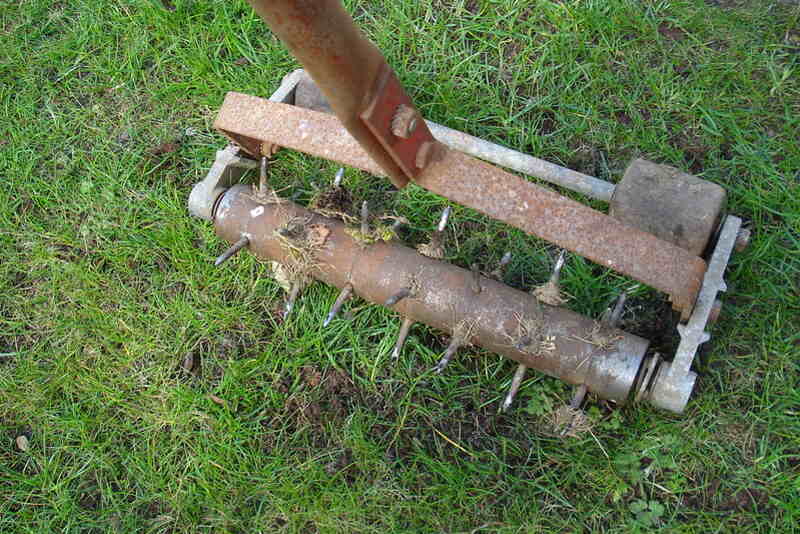
Just like a good song, core aeration can lift your Music City lawn’s spirits and enrich your grass with oxygen, water, and nutrients. Aerating the lawn pokes holes in compacted soil, allowing grass roots to breathe and providing better access to water and essential nutrients.
As water, fertilizer, and air are channeled via this process, your lawn’s vigor and health will improve in the long run.
When aerating your lawn, timing is key. You don’t want to do it too early, or it’ll fail to reach its full effectiveness. That’s why you should only core aerate during your grass’s active growth season — for warm-season grass, like Bermuda and centipede, that means late spring, while cool-season turfs, like fescues, should be done during fall.
9. Composting Counts!
According to the Metropolitan Government of Nashville & Davidson County, about 32% of Nashville’s food and yard waste can be composted. This means less methane gas leaching into landfills and your garden basking in the added nutrients from compost.
Rather than ditching your leftovers into the trash, you can collect organic material in a compost bin: leaves, grass clippings, vegetable peels, coffee grounds, and the list goes on. All of these provide the perfect balance for “Black Gold,” –aka compost–a rich soil enhancer as old-fashioned as the Nashville country music scene.
10. Pest Management is a Must
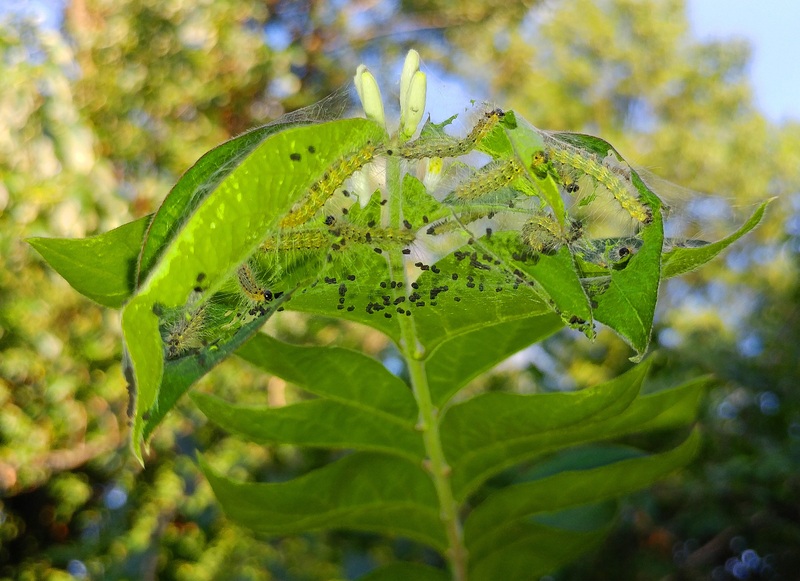
Aphids, Japanese beetles, cicadas, leaf miners, spider mites, and bagworms are some of the annoying insects that plague Nashville lawns and gardens. To prevent these common landscape pests, proper maintenance is key. Overwatering, letting leaves and other debris sit out, and letting your grass grow thin and unhealthy creates a perfect environment for pests.
If you spot any of these unwanted guests on your turf, take action immediately. But always start with eco-friendly pest control methods such as handpicking the infected leaves, introducing beneficial insects like ladybugs, soap or alcohol washes, or cheesecloth covers on your plants.
But if an infestation spreads wider than you can handle, don’t hesitate to contact a lawn pest control pro who can help you find the right pesticide solution.
FAQ About Lawn Care in Nashville
The cost of lawn care services varies with each professional you hire, the size of your lawn, and the type of services you request. That’s why it’s always a good idea to contact several providers and request quotes. A lawn mowing session can cost anywhere from $29 to $65, while seeding can cost around $20 to $60 per hour.
For Nashville homeowners, between 2:00 p.m. and 4:00 p.m. is a better time to cut grass than in the early morning or midday. The late afternoon is ideal for maintaining the health of your lawn. This way, you don’t have to worry about the high humidity during the hottest hours of the day.
Nope. Cutting wet grass might give you an extra set of abs from all the grunting and sweating, but it’s not ideal. Wet grass clippings can block the mower’s undercarriage and quickly clump up, leaving an unevenly cut lawn.
Plus, the grass is more exposed to disease-carrying organisms when freshly cut, so it’s best to avoid the moisture trap.
The sweet spot for watering your lawn is between 6 a.m. and 10 a.m. In the early morning, water can soak into the soil without being evaporated by the blazing Tennessee sun. Then, once the soil has had all it needs, the midday sun will get rid of the excess for you.
A New Nashville Lawn in the Making
With a well-thought-out lawn care plan, your Nashville grass will be singing and dancing to a happier tune. Whether it’s curb appeal, family fun with backyard BBQs, or just a place of solace to sit back and listen to the crooners and buzzards, proper maintenance should always be your number one priority. But if you’re feeling a little overwhelmed, a Nashville lawn care service can help you get the best out of your property in record time. After all, it’s Nashville − the home of music and good times!
Main Image Credit: Lawn Dew / Pixabay